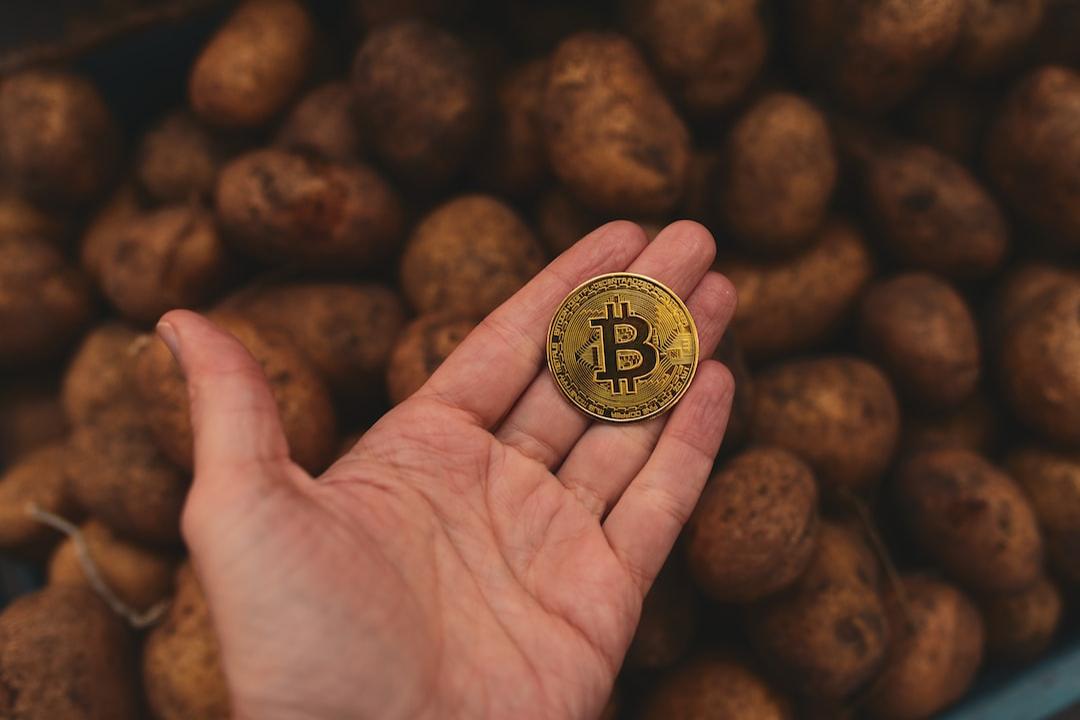Ethereum’s Dencun upgrade is set to be officially activated on the mainnet on March 13, 2024 at 21:55 Taiwan time. What information is worth paying attention to?
Table of Contents:
Upgrade details introduction
Changes in the consensus layer upgrade
Changes in the execution layer upgrade
Changes in the engine API
Client releases
Consensus layer clients:
Execution layer clients:
More attention
Frequently Asked Questions
On February 27, 2024, Ethereum announced on the Ethereum Foundation blog that “the Dencun network upgrade has been successfully activated on all testnets.” Now, it is ready to be deployed on the Ethereum mainnet and will be activated on block 269,568 on March 13, 2024 at 13:55 UTC.
This upgrade is another technical upgrade following the Shapella upgrade conducted in 2023. The most notable technical improvement is the introduction of short-lived data blobs included in the EIP-4844 protocol, also known as “protodanksharding,” which will help reduce transaction fees on the Ethereum Layer2 network.
If you want to follow the upgrade process, please join the community live stream:
https://www.youtube.com/watch?v=iL0cZRkyrV0
Upgrade details introduction
The Dencun network upgrade includes technical changes to the Ethereum consensus layer and execution layer. The complete list of technical protocols completed in the Dencun network upgrade can be found in the EIP-7569 technical protocol, which includes:
EIP-1153: Transient storage opcode
EIP-4788: Beacon block root in EVM
EIP-4844: Sharding Blob transactions
EIP-5656: MCOPY – Memory copy instruction
EIP-6780: SELFDESTRUCT only within the same transaction
EIP-7044: Permanently valid signature voluntary exit
EIP-7045: Increasing the maximum declaration inclusion slot
EIP-7514: Increasing the maximum period leakage limit
EIP-7516: BLOBBASEFEE opcode
Changes in the consensus layer upgrade
The complete Python specification that affects the Ethereum consensus layer can be found in the deneb document in the ethereum/consensus-specs repository. For more information, please refer to:
https://github.com/ethereum/consensus-specs/tree/dev/specs/deneb
Changes in the execution layer upgrade
The technical improvements that affect the Ethereum execution layer upgrade can be found in the list of Ethereum technical protocols (EIPs) mentioned earlier. In addition, relevant Python specifications are being implemented in the ethereum/execution-specs repository. For more information, please refer to:
https://github.com/ethereum/execution-specs/pulls?q=is%3Apr+base%3Aforks%2Fcancun
Changes in the engine API
The upgrade of the consensus layer requires changes to the engine API for communication between consensus layer and execution layer nodes. These changes are explained in the cancun.md file in the ethereum/execution-apis repository. For more information, please refer to:
https://github.com/ethereum/execution-apis/blob/main/src/engine/cancun.md
Client releases
The following client versions support the execution layer (named Cancun) and consensus layer (named Deneb) after the Dencun network upgrade:
Consensus layer clients:
Lighthouse v5.0.0
Lodestar v1.16.0
Nimbus v24.2.2
Prysm v5.0.0
Teku v24.2.0
Execution layer clients:
Besu v24.1.2
Erigon v2.58.1
go-ethereum (geth) v1.13.13
Nethermind v1.25.4
Reth (alpha) v0.1.0-alpha.19
More attention
Although Reth supports this Dencun network upgrade, the client is undergoing a comprehensive audit and is currently not recommended for use in production. For more details, please refer to Reth’s technical documentation:
https://github.com/paradigmxyz/reth?tab=readme-ov-file#status
Geth v1.13.13 fully supports this Dencun network upgrade, but v1.13.14 further improves the performance of transaction pool processing for blob transactions, so it is recommended to use this version.
Download links for the above clients can be found at:
https://blog.ethereum.org/2024/02/27/dencun-mainnet-announcement
Frequently Asked Questions
Q: As an Ethereum user and digital asset holder, do I need to do anything for the Dencun network upgrade?
A: There is no need for special preparations. If you use a trading platform, digital wallet, or hardware wallet, no additional adjustments are required. However, if you are a node validator or operator, please refer to the next question.
Q: As a non-staking node operator/validator, do I need to prepare for the upgrade?
A: You need to update your node to the client versions listed above to be compatible with this upgrade.
Q: As a staking node operator/validator, what do I need to do for the upgrade?
A: You need to update your node to the client versions listed above to be compatible with this upgrade and ensure that your beacon node and validator client are also updated. Additionally, we encourage validators who want to perform multiple upgrades before the mainnet upgrade to use ephemery.dev, which now also supports the Dencun network upgrade.
Q: What will happen if I have staked or if I am a node operator/validator but did not participate in this network upgrade?
A: If you continue to use client versions not listed above, after the Dencun network upgrade is completed on March 13, 2024, your client will sync to the pre-fork blockchain. According to the old rules, you will be stuck on an incompatible blockchain and unable to operate digital assets or perform operations on the post-upgrade mainnet.
Q: As an application or blockchain tool developer, what should I do?
A: Review the Ethereum technical protocols (EIPs) included in this Dencun network upgrade and determine if these protocols will affect the projects you are currently managing. This Dencun network upgrade introduces many exciting new features to both the Ethereum execution layer and consensus layer! The only Ethereum technical protocols that have backward compatibility effects are EIP-6780, EIP-7044, and EIP-7514. For the technical documents of EIP-6780, EIP-7044, and EIP-7514, please refer to the following links:
EIP-6780: https://eips.ethereum.org/EIPS/eip-6780
EIP-7044: https://eips.ethereum.org/EIPS/eip-7044
EIP-7514: https://eips.ethereum.org/EIPS/eip-7514
Q: Why is this upgrade named “Dencun”?
A: Dencun is a combination of “Deneb” and “Cancun.” Ethereum upgrades continue to follow the naming convention, where the execution layer upgrade is named after the city where the Devcon conference was held. This time, it is named after Cancun, the city where Devcon 3 was held in Mexico. The consensus layer upgrade is named after a star in the constellation, and this time it is named after the first-magnitude star in the Cygnus constellation, “Deneb.”
Q: Where can I watch the Dencun network upgrade live?
A: Live stream link:
https://www.youtube.com/watch?v=iL0cZRkyrV0
Start time: March 13, 2024, 13:00 (UTC time)/March 13, 2024, 21:55 Taiwan time
For further reading:
MT Capital Report: Interpreting the principles of the Cancun upgrade and the investment opportunities behind it

Related Reports
Two weeks countdown to the Ethereum Cancun upgrade: Can Dencun solve the scalability problem?
Morning Report in the Crypto Market: Ethereum approaching $3,000 mark, is the Cancun upgrade the catalyst? Bitcoin weakens and falls below $52,000
After the Ethereum Cancun upgrade, Layer2 will face “bloody infighting,” how will the market evolve?


